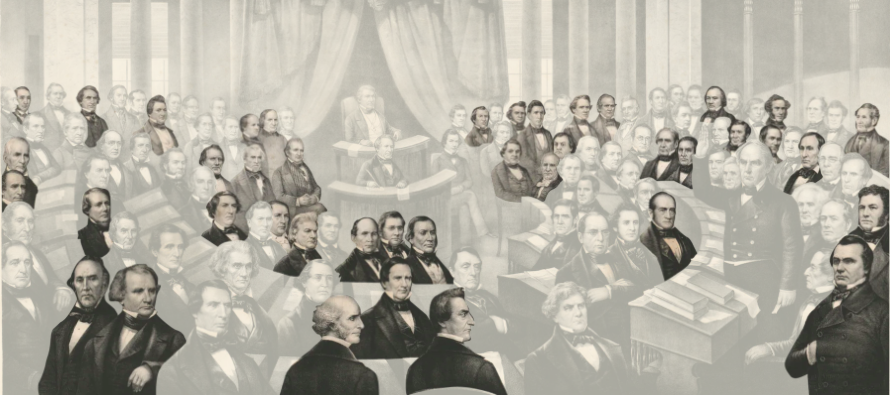|
We've Always Been Divided
January 6th was the first anniversary of a violent insurrection that aimed to overthrow American democracy, or, it was just a protest by people concerned about voter fraud. Whatever side you fall on, January 6th reminded me that our democratic republic is young and fragile and there’s no guarantee it will survive. For some perspective: I’ve lived through almost 1/4 of the country’s lifespan, and I’m only in my fifties. For much of American history, and well before it was a nation, many civic leaders were men who owned slaves, often serving their interests and shoring up their biases through local and national laws. Close your eyes and bring to mind the images we’ve all scene of January 6th—but swap out the White mob for a Black one. Imagine Black men and women in hunting gear massing on the National Mall, climbing the walls of the Capitol, battering doors and breaking windows. Imagine them beating up police officers and terrorizing white legislators. Imagine the president taking no action to stop them. Imagine them getting lenient sentences and their leaders no punishment at all. The further I take this fantasy, the more ludicrous it seems. Black people in America would never get away with what the White rioters/protestors did. America has always been divided. People have always had polar opposite views of events like January 6th and irreconcilable opinions about what’s right and wrong in the country (masks, abortion). Two hundred years ago, slavery was the issue that most clearly divided us. In his 2006 book about the abolitionists who ran the underground railroad, Fergus Bordewich notes, “their era was not all that different from our own: it was a period of religious passion, ideological zealotry, racial tension, and vigorous debate over freedom and civil liberties.” In 1859, John Brown and a small band of like-minded men took over the Federal arsenal at Harper’s Ferry. When Brown was captured, both North and South painted him as deluded and insane. Newspapers reported his intention of starting an uprising to free the slaves as wild and misguided at best and an act of blood-thirsty terrorism at worse. But even his Southern captors conceded that the plot was well-executed, that Brown was upright, dignified, and deeply religious, and that his followers were equally disciplined and committed. Writing of Brown, Henry David Thoreau, said: “No man in America has ever stood up so persistently and effectively for the dignity of human nature, knowing himself for a man, and the equal of any and all governments. In that sense he was the most American of us all. He needed no babbling lawyer, making false issues, to defend him. He was more than a match for all the judges that American voters, or office-holders of whatever grade, can create. He could not have been tried by a jury of his peers, because his peers did not exist.” To the South, Brown was a dangerous murderer. To Northerners who worried about antagonizing the South, he was an insane old man with a wild plan. To anti-slavery activists, he was a visionary leader. To Black people everywhere, he was a hero. Who really was John Brown? What was his America? What’s yours? Image caption: The Washington Post’s database of slaveholding members of Congress, accessed January 13, 2022.
0 Comments
Leave a Reply. |
AuthorHeidi Hackford explores how past and present intersect. Archives
November 2023
Categories |
